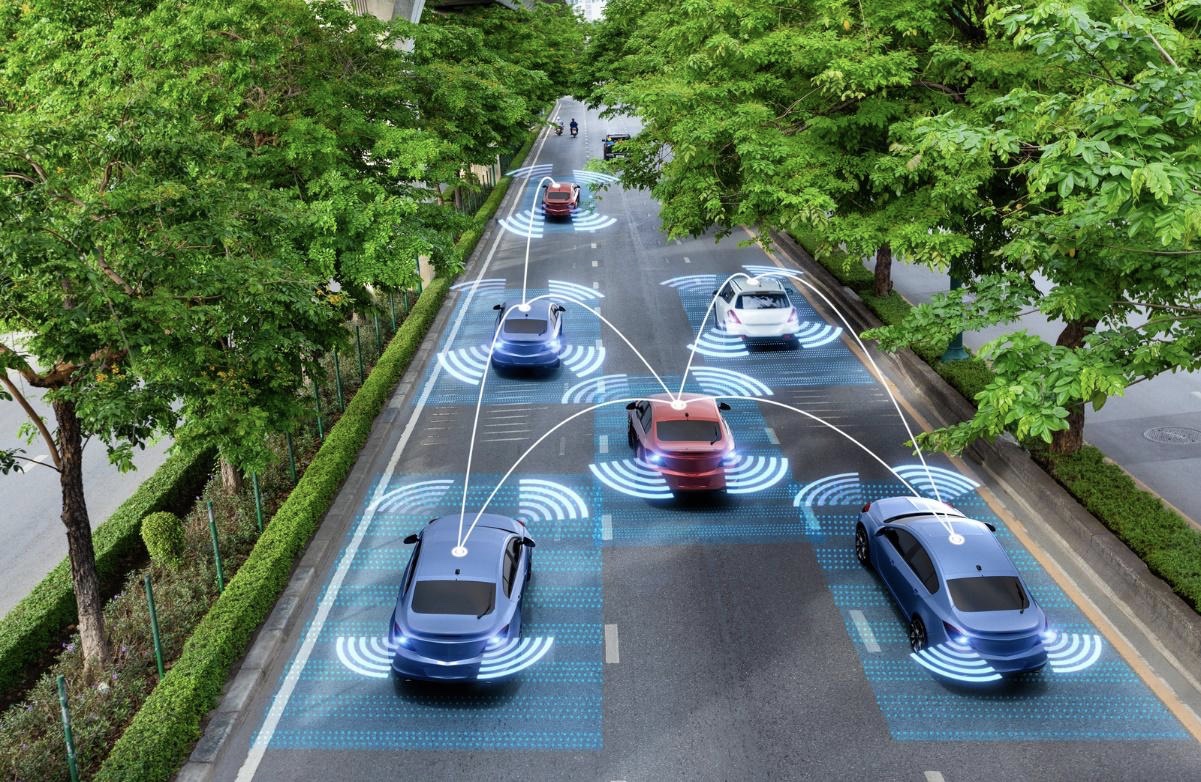
Rapid technological changes bring us closer to a new way to get around: cars that drive themselves. These self-driving cars could change how we go on the roads and deal with personal harm cases. In this piece, we look at how self-driving cars will affect personal injury law, including how they will change road safety, cause legal problems, and how people get paid for injuries.
Understanding Self-Driving Cars
Self-driving cars, also called autonomous vehicles, have high-tech sensors and artificial intelligence that allow them to drive themselves. These cars could significantly reduce accidents caused by human mistakes and generally make the roads safer.
Growth and Adoption of Autonomous Vehicles
Over the past few years, self-driving cars have moved from experimental versions to real-world answers. Big automakers and tech companies are putting a lot of money into developing self-driving cars, helping them grow and become more common on public roads.
Self-Driving Cars and Road Safety
One of the most essential things self-driving cars could do is improve roads. With their high-tech sensors and algorithms, these cars can find out what’s going on on the road and react faster and more correctly than a human driver could.
As self-driving cars become more common, crashes caused by human mistakes like driving while distracted, speeding, and driving while drunk are expected to drop significantly. But the rise of self-driving cars also raises questions about who is responsible for accidents. This could change the way fault and responsibility are assigned from drivers to the companies that make and create self-driving technology.
Legal Problems and Changing Laws
The introduction of self-driving cars brings up a lot of legal problems that mean personal harm laws need to be changed.
Choosing Who is at Fault in Cases Involving Self-driving Cars
With the possibility that self-driving cars could be partially or fully autonomous, it becomes harder to figure out who is at fault in an accident. We need new law frameworks to consider different situations and decide who is responsible for what.
What Manufacturers and Insurance Companies Do
As more self-driving cars hit the road, it’s essential to think carefully about what makers and insurers should do in case of an accident.
Who Should Be Responsible? Manufacturers or Drivers?
As self-driving cars take over more driving jobs, the responsibility for accidents might move from drivers to the companies that develop self-driving vehicles.
Policies for cars that drive themselves in Philadelphia
The insurance industry in Philadelphia will have to change to create plans tailored to self-driving cars and fit their different risk profiles.
Impact on Personal Injury Compensation
Self-driving cars will change the face of personal injury compensation in many ways.
Changes to Personal Injury Claims
Self-driving cars will change how personal injury claims are made, focusing on claims of product liability and negligence against makers and developers.
Calculating Compensation for Autonomous Accidents
Figuring out the proper compensation for injuries and damage caused by self-driving cars may require new methods and things to consider.
Ethical and Privacy Issues
Self-driving cars promise to be safer and more efficient, but they also bring up ethical and privacy issues that must be dealt with.
Conclusion
Self-driving cars are not just a technological development; they also change how people get around and, as a result, how personal injury law works. As these vehicles become more popular, our legal system must change to deal with the new problems they bring.
As we figure out how self-driving cars will change personal injury law, it will be essential to find a balance between encouraging innovation and protecting the rights of accident victims. Did a self-driving car hurt you? Seek justice by writing to our lawyers.
FAQs (Frequently Asked Questions)
FAQ 1: Can I still sue if an accident was caused by a car that drives itself? Yes, you can still sue for pay if a self-driving car causes an accident that hurts you. The case may change its focus from the driver to the company that made or made the technology that makes the car drive itself.
FAQ 2: Are cars that drive themselves safer than cars that people drive? Self-driving cars could be better than cars driven by humans because they can avoid human error, a significant cause of accidents. More research and testing are needed to ensure they are generally safe.
FAQ 3: How will insurance companies deal with accidents involving cars that drive themselves? Insurance companies must change their plans to cover self-driving cars’ unique risks and liability situations. This could mean coming up with new pricing models and coverage choices.
FAQ 4: Does the law in Philadelphia limit self-driving cars? Each country or state could have different rules and restrictions about testing and introducing self-driving cars. Companies working on self-driving vehicles must follow the laws and safety standards relevant to their work.
FAQ 5: What part does artificial intelligence play in self-driving cars? The technology behind cars that can drive themselves is based on artificial intelligence. AI algorithms use sensor information to make real-time navigation, speed, and safety choices, allowing the car to drive itself.
Interesting Related Article: “Everything You Need to Know About Autonomous Motor Cars and Vehicle Accidents“

